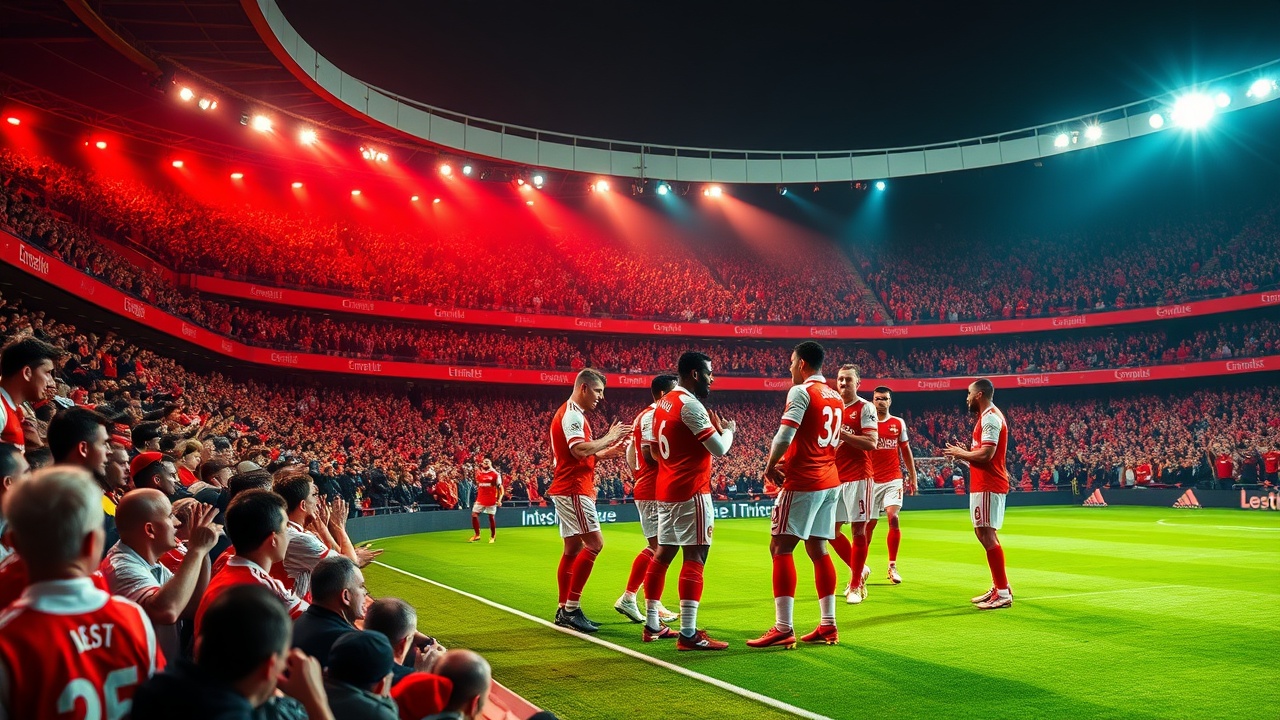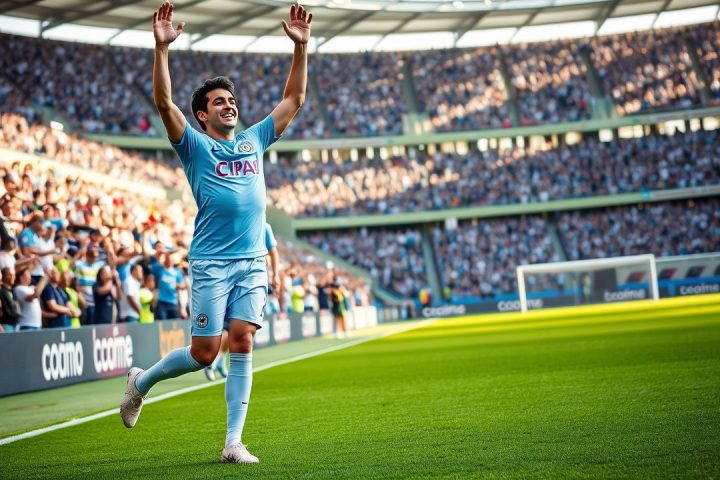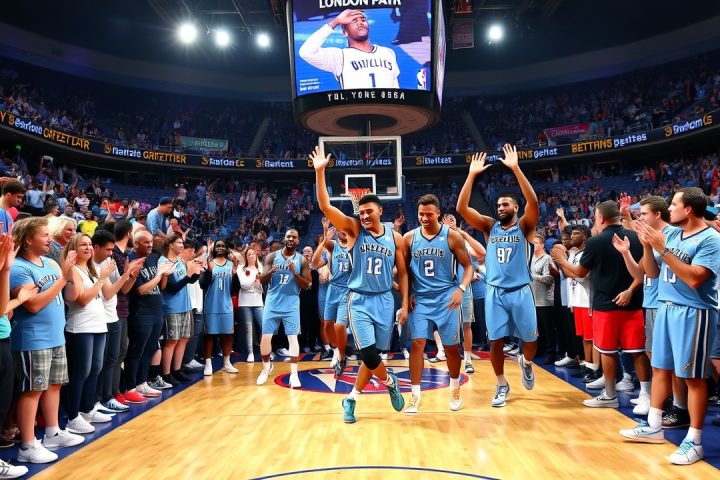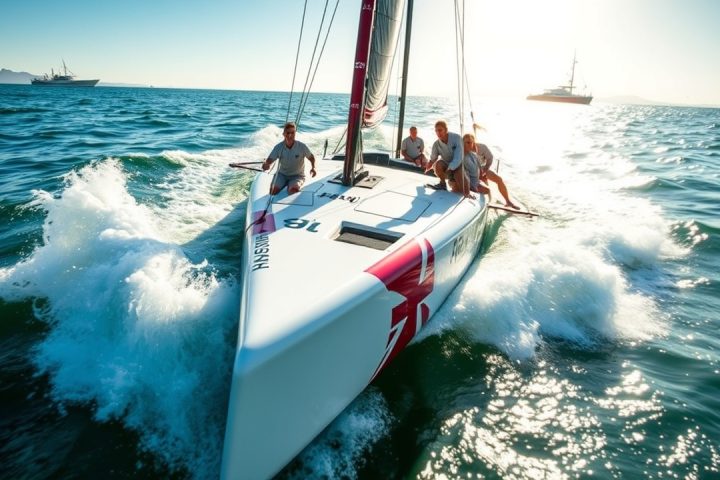Preseason Reflections
Following a bittersweet preseason conclusion with a defeat to Liverpool at Lincoln Financial Field, Arsenal’s manager Mikel Arteta exhibited a calm demeanor despite the setback. Joined by assistant Albert Stuivenberg and captain Martin Ødegaard, Arteta reflected on the missed opportunities in their 2-1 loss, as the squad dispersed across the canteen, preparing for their return to London. Salah’s decisive goal in that match weighed heavily on him as he lamented the team’s inability to capitalize on scoring chances, emphasizing the need to convert in pivotal moments.
Season Expectations
As Arsenal embarked on the 2023-24 season, buoyed by a previous campaign where they netted a record 91 goals in the Premier League, Arteta remained optimistic. Despite their strength, the club took a cautious approach, resolving against pursuing new striking options after Benjamin Sesko extended his contract with RB Leipzig. They believed that they were close to a title breakthrough, one that had eluded them since 2004.
January Challenges
By January, however, the situation shifted dramatically. Arsenal expressed reluctance to meet Aston Villa’s £60 million price tag for Ollie Watkins, settling instead on a bid of £40 million. As the team grapples with a total of 14 drawn matches throughout the season, many speculate whether the refusal to invest that extra £20 million in Watkins ultimately dimmed their title prospects. Arsenal ended the season as runners-up for a third consecutive year and reached the Champions League semifinals, reflecting a mix of progress and missed opportunities domestically.
Tactical Adjustments
Arteta’s quest for marginal gains began as early as July, when preseason preparations kicked off with a gathering in Marbella aimed at fostering team cohesion. Training sessions became more rigorous and scheduled, as Arteta sought to minimize downtime for players and ensure they were in peak condition. Following his leadership, the club also paid closer attention to utilizing their academy, with young players like Ethan Nwaneri being gradually introduced to first-team action.
Leadership Changes
Amidst the various strategies to forge a winning atmosphere, Arsenal made significant changes in the executive suite. With the departure of CEO Vinai Venkatesham and the appointment of Richard Garlick, the internal dynamics shifted. The club’s leadership was reevaluated, as decisions surrounding Arteta’s influence were reassessed in conjunction with the new sporting director.
Injuries and Morale
Towards the end of 2023, Arsenal found themselves in third place, trailing league leaders Liverpool, yet the mood remained high. However, morale took a hit when star player Bukayo Saka faced surgery for a hamstring injury just before the holiday season. Concerns about player fatigue were raised, particularly around Saka, as Arteta aimed to manage his workload better.
Transfer Window and Future Prospects
By the time the January transfer window approached, the team was struck by another injury blow with Gabriel Jesus sidelined. Suddenly, the Gunners’ needs shifted to strengthening their attacking options. Despite the interest in Watkins, negotiations remained tense as Villa’s asking price soared, eventually leading Arsenal to withdraw their interest.
As injuries piled up, tactical adjustments became necessary. With not enough depth in the squad, Arteta adapted his selections to maintain competitive performance levels, even when pressing deadlines tested the team’s resilience. With key injuries meaning Ødegaard, Saka, and others couldn’t operate at their optimal levels together, the potency of their attacking strategy diminished significantly.
As Arsenal looks ahead, potential reinforcements in the form of midfielders and forwards are on the agenda, but securing a striker remains the top priority. With a history of bouncing back from near misses, fans cling to the hope that previous patterns could herald renewed success as the club navigates another season, drawing lessons from the past.




